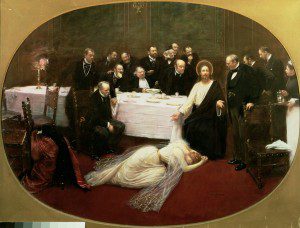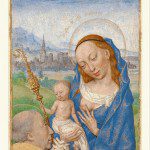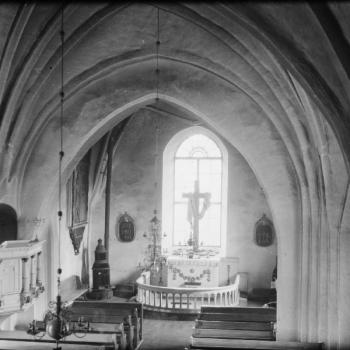I am a convert (or a revert, depending on how you ask). Unlike some Cradle Catholics, I have a past—and not just forgetting to say grace before dinner or having a lustful thought in 2006. For good and for ill, I have born many a mistake, an error—really a sin. What’s oddest though is how thankful I’ve always felt for those experiences. Some make for good stories—even opportunities to spread the faith—some I recall with a wince, and others are so deeply painful to conjure up that their very thought tortures my mind. Yet and regardless, I am thankful.

One might ask—why?
In truth—and I mean no disrespect to my Cradle Catholic brethren here—the depth of my sins has made me a better Christian. From the beginning of my conversion, I’ve looked back in awe on how far I’ve come. Seeing sin wiped away from oneself is a powerful cause for faith in the redemption of others; it’s a catalyst for hope in God’s abiding mercy.
Knowing God through conversion means knowing God as the god of sinners, as the king of mercy, whose love knows no bounds. As a result, legalism has never made sense to me. I have seen God’s immense love bend and break every rule I could’ve imagined, soften and circumcise hearts of solid stone. With thanks to God, I have known joy in God, as a living being, a redeemer, and not merely a concept known from birth, a symbol of my cultural belonging or my upbringing.
It’s also made me a wary of Christians who wish to divorce themselves from the world; I know too well the causes for grace found among the lowly, the forgotten, and the unbelieving.
In short, my past guarantees a critical, yet faithful, relationship to my Christianity. I have known the other side and I have found it wanting; I have felt the long loneliness of worldly wisdom and chosen overwhelming belonging in the Body of Christ.
Still, though I can explain why I feel this way, one might still ask—why go on about this? Would you avoid raising your children religiously so they could know the same forgiveness? Would you exhort people to sin?
No and no. But it’s a tough question. I cannot help but believe in the immense power of conversion, of the exuberance of a piety found not from birth and mandates, but from experience and error—of the dark night of the soul.













